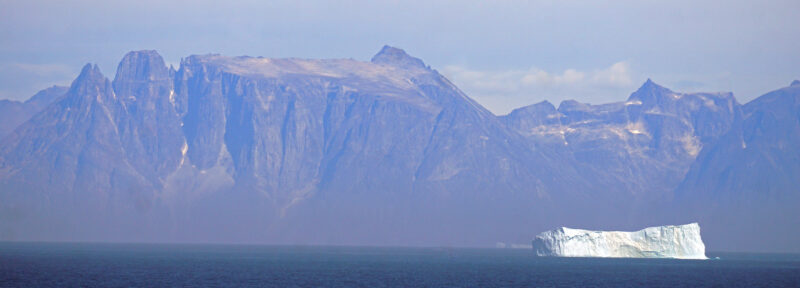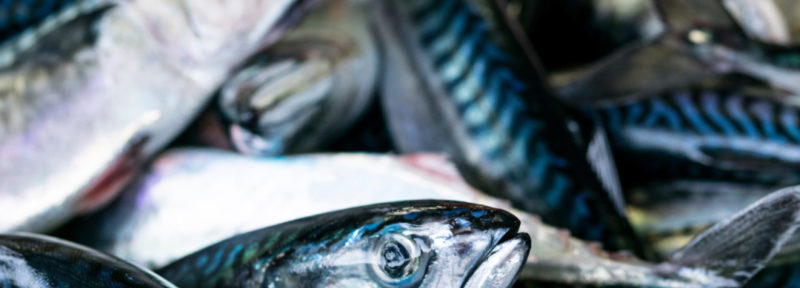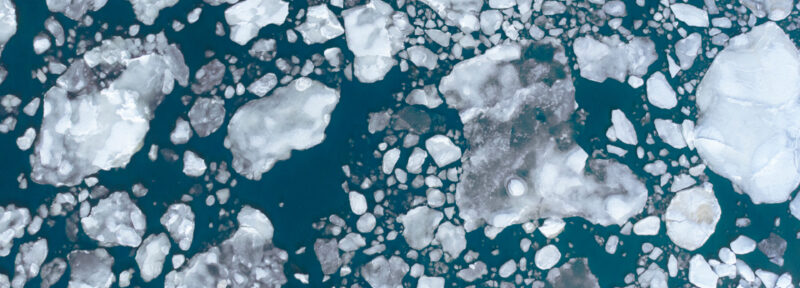New Report Highlights Need for Better Arctic Waste Management
Ottawa—Urgent action is needed to improve waste management in Arctic communities, a new Oceans North report has found.
The report, Towards a Waste-Free Arctic, collected data about the amount of waste accumulated over the last 25 years in the 51 communities that comprise the four regions of Inuit Nunangat (the Inuit homeland), analyzed the types of waste being generated, and summarized the available waste disposal methods.
Although they are not generating more waste than communities in southern Canada, municipalities across Inuit Nunangat have far less access to necessary services and infrastructure, the 56-page report concluded. Issues include outdated facilities, a shortage of eco-alternatives, and fewer resources to develop solutions that take the unique needs of the communities into account.
While the federal government has made national and international commitments to reduce waste and plastic pollution—including spearheading the Ocean Plastics Charter—waste management was not mentioned in the most recent Arctic Policy Framework. “Ambitious plans from all levels of government and the private sector are needed if we want to close the infrastructure gap and work towards a zero-waste Arctic,” said Susanna Fuller, vice-president of operations and projects at Oceans North.
The absence of sufficient waste management services and facilities has a negative impact on both communities and the surrounding environment. Most municipal dumps have outlived their intended lifespans, and many are located near the shoreline, which results in the transfer of waste to nearby coastal ecosystems. Communities have developed innovative programs to help deal with the growing amounts of waste, but without a comprehensive strategy and more capacity, problems are expected to increase, especially as climate change threatens existing infrastructure.
“This report outlines why it is high time a new framework was built by and for Inuit,” said Natan Obed, president of Inuit Tapiriit Kanatami. “The gaps in municipal-level capacity to address needed upgrades to entirely inadequate waste management and infrastructure deficits in our 51 communities have direct impacts on the health of our families.”
The report also outlines how public and private collaboration and investment can support the development of locally based waste management solutions. It suggests that governments should set targets to reduce waste by 50 per cent across the Arctic by 2040, fund a public data reporting system for waste management, and invest in infrastructure. It also argues that the private sector should implement extended producer responsibility (EPR) programs and support green alternatives for the North.
“Addressing municipal waste management offers an opportunity to redress the inequities that have existed in this region while advancing beneficial programs with cross-cutting social and economic effects such as support for harvesting, replacing disposable products with less expensive eco-alternatives, and local training and employment in waste diversion,” says Fuller.
For more information, please contact:
Susanna Fuller
Vice-president, Operations and Projects
Oceans North
[email protected]
Alex Tesar
Communications Specialist
Oceans North
[email protected]
Oceans North supports marine conservation in partnership with Indigenous and coastal communities. Visit our website at www.oceansnorth.org and follow us on Twitter (@Oceans_North) or Facebook




